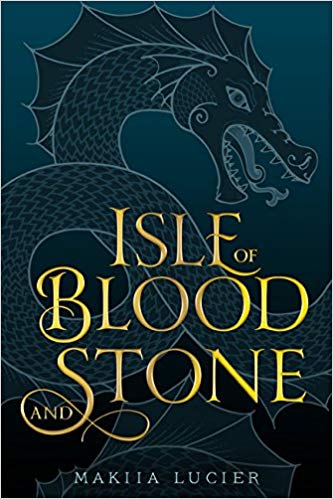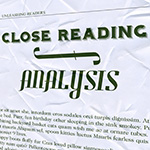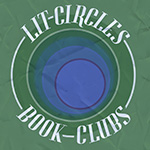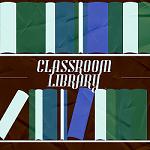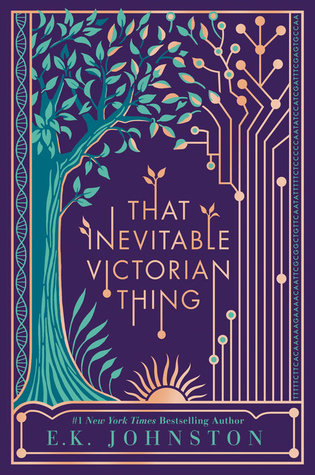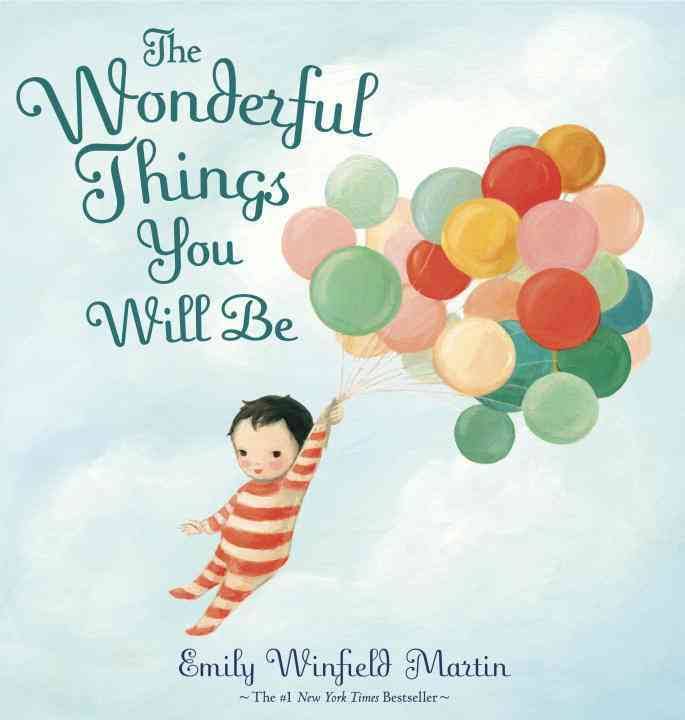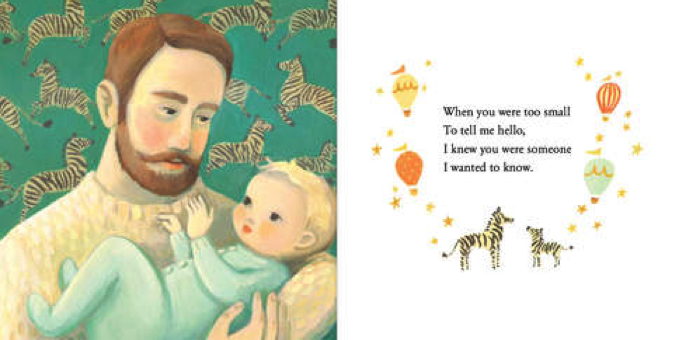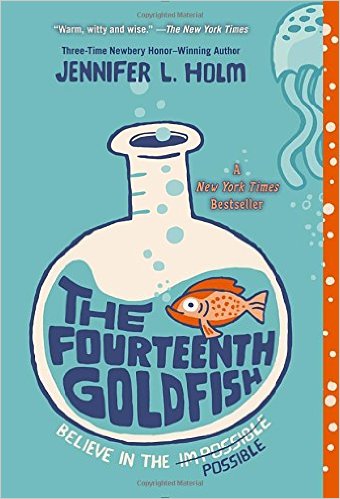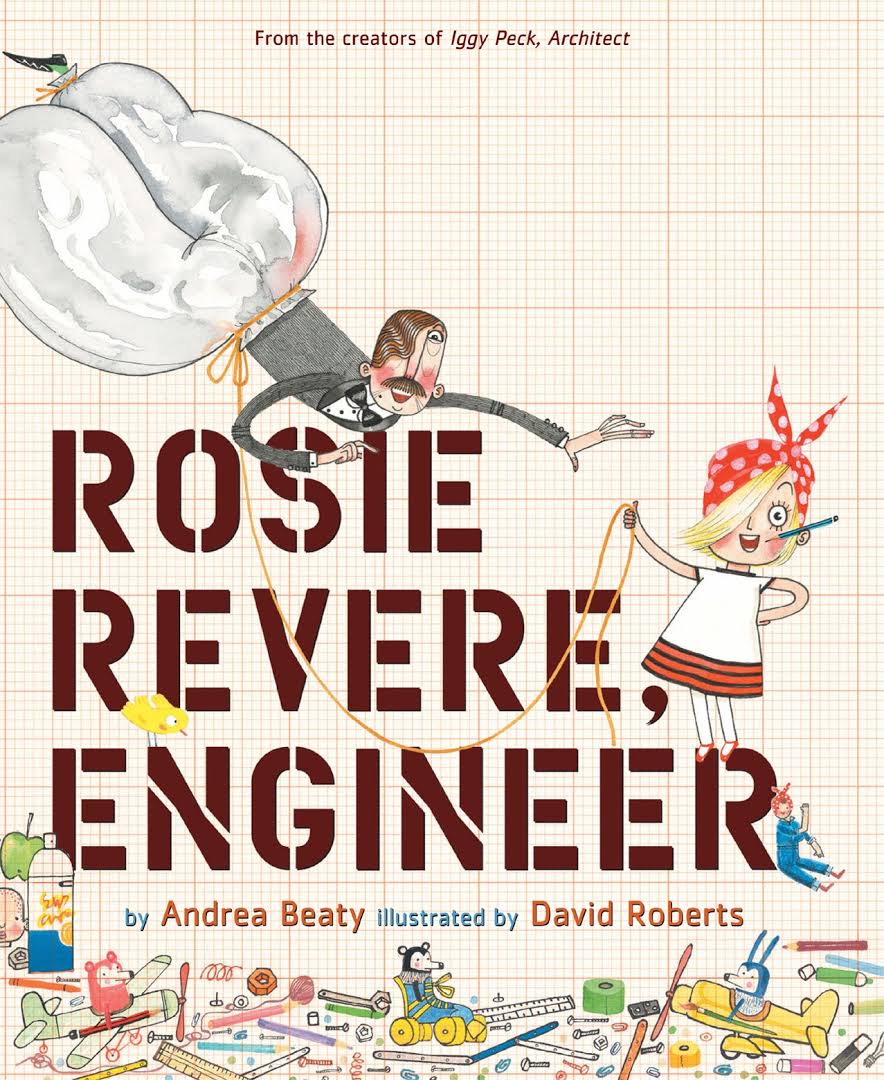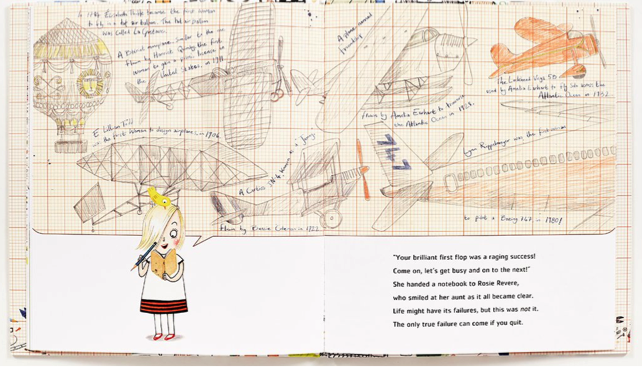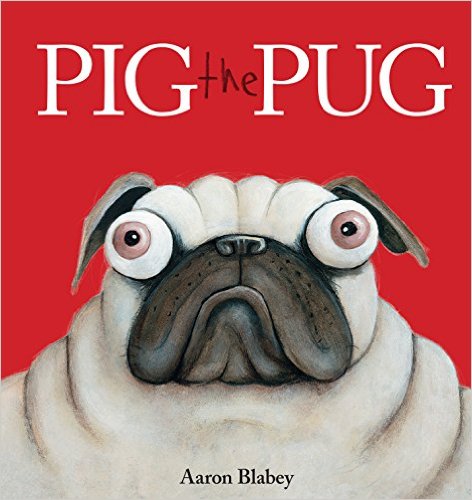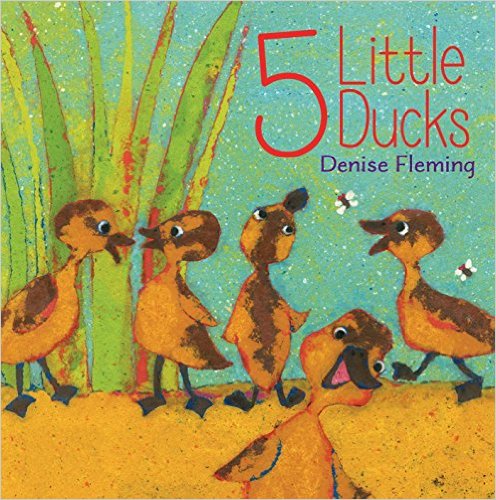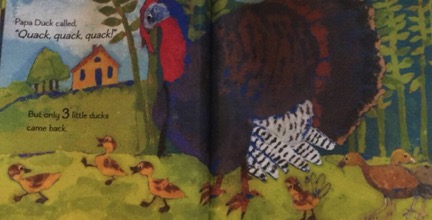Isle of Blood and Stone
Author: Makiia Lucier
Published: April 10, 2018 by Houghton Mifflin Harcourt
Guest Review by Rachel Krieger
Summary: Nineteen-year-old Elias is a royal explorer, a skilled mapmaker, and the new king of del Mar’s oldest friend. Soon he will embark on the adventure of a lifetime, an expedition past the Strait of Cain and into uncharted waters. Nothing stands in his way…until a long-ago tragedy creeps back into the light, threatening all he holds dear.
The people of St. John del Mar have never recovered from the loss of their boy princes, kidnapped eighteen years ago, both presumed dead. But when two maps surface, each bearing the same hidden riddle, troubling questions arise. What really happened to the young heirs? And why do the maps appear to be drawn by Lord Antoni, Elias’s father, who vanished on that same fateful day? With the king’s beautiful cousin by his side—whether he wants her there or not—Elias will race to solve the riddle of the princes. He will have to use his wits and guard his back. Because some truths are better left buried…and an unknown enemy stalks his every turn.
Review: I absolutely adore this book. Makiia Lucier did an excellent job of incorporating strong characters, resistance to discrimination, mystery, romance, and interesting elements of the fantastic all in one novel. The plot had me completely riveted and I spent a lot of time while not reading thinking about the big reveal I knew was coming. Lucier had strong female characters who consistently proved to be as independent and capable as their male counterparts. The quest narrative was something new and fascinating that will certainly have all readers sticking around until the end. And best yet, this was the first book I have ever read about map-making. The incredible world building required no info dump, nor unrealistic exposition, because Lucier’s characters are often seen either drawing or studying maps. The issues discussed, the characters created, and the world formed came together to make a wonderfully mysterious and incredibly fun novel to read.
Teacher’s Tool For Navigation: This book is a great way for students to look at discrimination. Although the races represented in this novel are of a fantastical nature, they are still ripe for discussion. You can ask your students to think about the real-life connections to the way that Mercedes is treated, being of mixed race. There are many books that address this type of racism directly, making it one of the main aspects of the story. Lucier addresses the issue a few times but does not make it a major plot point. It would be really interesting to discuss this as a plot element but not a form of social commentary.
It could also be interesting to look at and start a discussion on the treatment of illness in our society. There is an island in this novel where lepers are quarantined, often against their will. Although we have nothing exactly like this in society, there are certainly loose parallels in the ways that we treat people with diseases and disorders. It would be really beneficial to start a conversation with students about this form of social imprisonment that is rarely discussed.
Discussion Questions:
- What parts of this novel reaffirm gender stereotypes, and which break away?
- Can you think of any ways that Mercedes’s treatment in the novel is reflected in the real world?
- What does this novel say about the way that illness is treated in society?
We Flagged: “It was not the first time someone had spat at Mercedes, or even the fifth, but it had been some years since Elias had witnessed the insult.”
Read This If You Loved: Who Fears Death by Nnedi Okorafor, Miss Peregrine’s Home for Peculiar Children by Ransom Riggs, The Night Circus by Erin Morgenstern, Graceling by Kristin Cashore, Scythe Scythe by Neal Shusterman
Recommended For:
